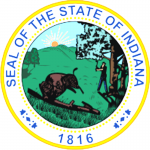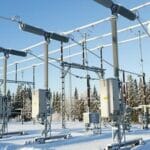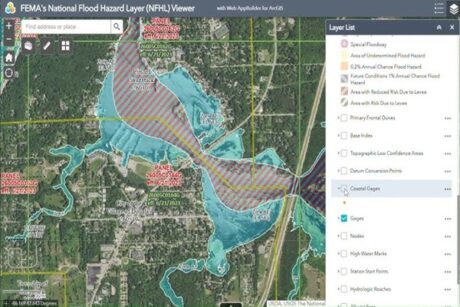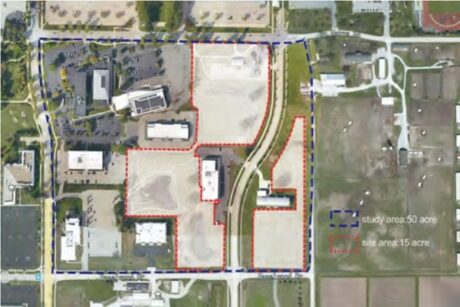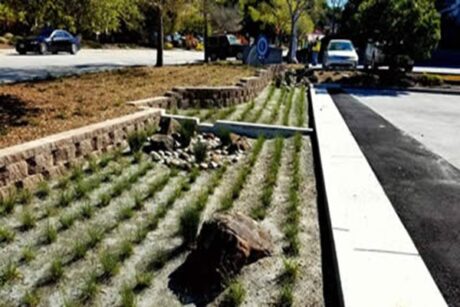- Course No E – 1222
- PDH Units 5.00
No data found for Custom Course Number
No data found for Custom Course Units
- Course No E – 1222
- PDH Units 5.00
Intended Audience: civil and all engineers working waste treatment systems
PDH UNITS: 5
This course will introduce you to processes and equipment for handling, treating and disposing of sludge produced by wastewater treatment plants. You will learn about sludge pumping, thickening, conditioning, dewatering, digestion, storage and final disposition. You will learn about loading parameters for gravity thickeners and operational parameters for air flotation thickeners. You will learn guidelines for chemical conditioning of sludges; and advantages, disadvantages and shortcomings of filter presses, basket centrifuges, and solid bowl decanter centrifuges. You will learn about design parameters for aerobic and standard and high-rate anaerobic sludge digesters. Course Outline 1. General considerations 2. Sludge pumping 3. Sludge thickening 4. Sludge conditioning 5. Sludge dewatering 6. Sludge digestion 7. Sludge storage 8. Bibliography
Learning Objectives
At the successful conclusion of this course, you’ll be able to identify and discuss:- Learn the characteristics, advantages and disadvantages of the four primary types of sludge pumps.
- Learn recommended pump types for primary, chemical precipitated, trickling-filter, activated, thickened and concentrated sludges.
- Learn about gravity and flotation thickening of sludges.
- Learn the mass loading guidelines for gravity thickeners.
- Learn operational parameters for flotation thickening of sludges.
- Learn how chemical conditioning is used to improve sludge dewaterability.
- Learn how heat can improve dewaterability of sludge.
- Learn about sludge dewatering using a belt filtration press.
- Learn the advantages, disadvantages, shortcomings and solutions to problems that may arise with belt filter presses.
- Learn design guidelines for sludge drying beds.
- Learn sludge moisture reduction using vacuum filtration.
- Learn about sludge dewatering using basket centrifuges.
- Learn about sludge dewatering using solid bowl centrifuges.
- Learn the advantages, disadvantages, shortcomings and solutions to problems that may arise with solid bowl decanter centrifuges.
- Learn about plate-and-frame filter presses.
- Learn about manual, semi-automatic and automatic controls for filter presses.
- Learn about continuous and intermittent batch aerobic sludge digestion.
- Learn about anaerobic sludge digestion.
- Learn design parameters for aerobic digestion using air.
- Learn design parameters for standard- and high-rate anaerobic digesters.
Once completed, your order and certificate of completion will be available in your profile when you’re logged in to the site.




